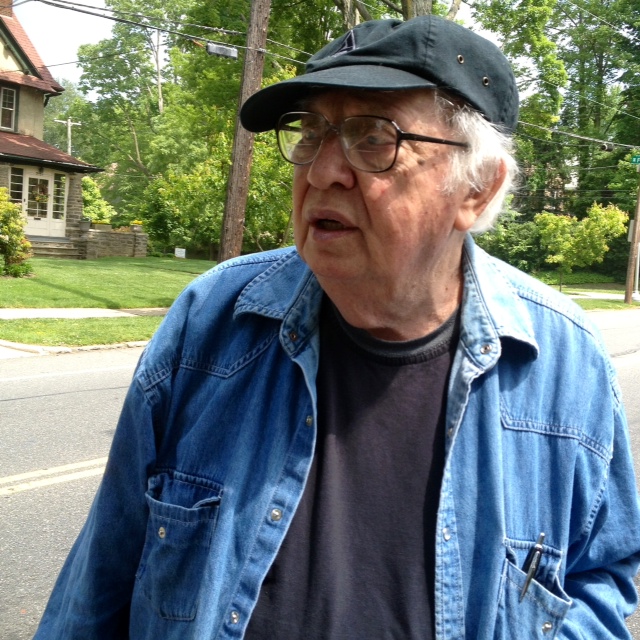The work we do is full of people. To escape into green & blue spaces, where the conversation is between birds or waves, and the scents spring from the earth or sand, can be like a necessary breath. In his talk about living and working, Alain de Botton calls nature “a retreat from the human anthill.”
That’s what seasons like summer are for.
My friend Nick teaches literature in New York City, where sometimes the retreat has to be sponsored by the imagination. Perhaps with this in mind, he shared a poem by Carole Ten Brink about finding the space to look more deeply. Here it is.
The Visionary Scientist Speaks
Spy a little closer on any space you know
and you will become a stranger here.
Your chair is a sea of energy.
Ions acquire charge in your soup.
Your footprints plant heat on the seashore
and the sea absolves your negative charge.
Your hands swarm with atoms dancing
while the suns leaves fire on your head.
We sink our prehensile toes into earth
and heads will clear like green light.
Folded inside the lines of our faces.
a wondrous darkness is seeding.
See how the iris poises sword-shaped leaves on air
and the whale sifts her plankton all day.
When toads leap by the water spicket
they are grand and selfless as eagles.
Our velvet fingers distinguish each rain drop.
All our senses spew memories into the sky.
Existence throws itself constantly in the void
and comes down again, slippery as a newborn babe.
(I am leaving for Wyoming on Friday.)

